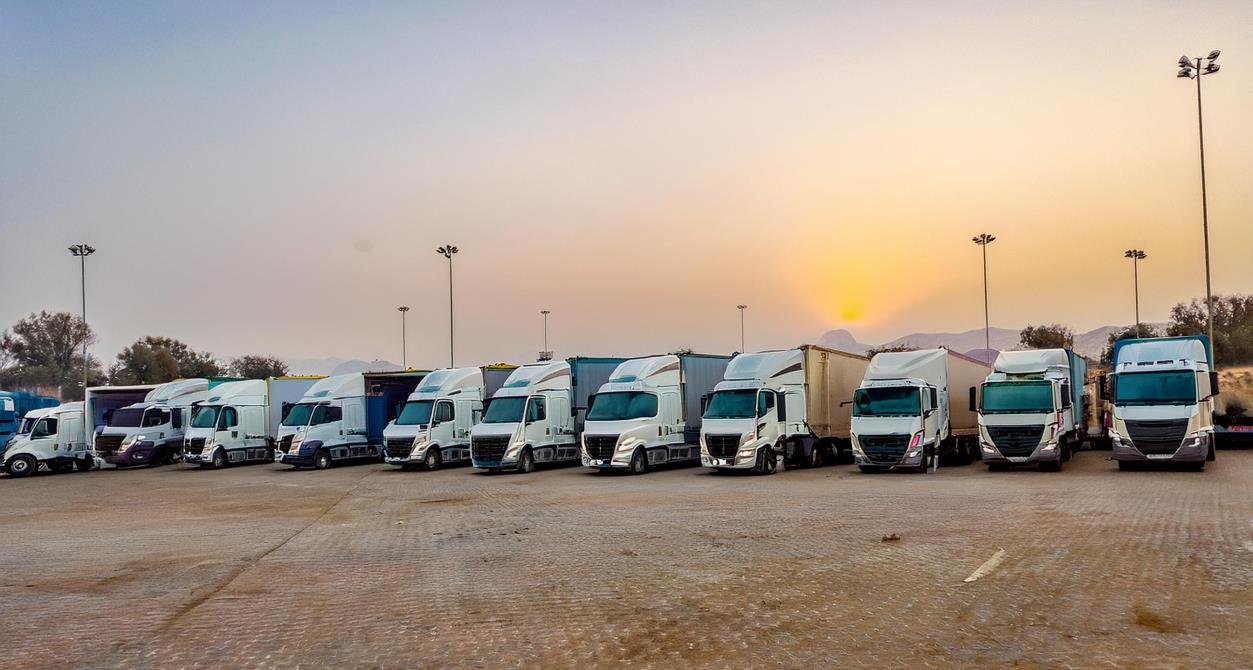Popular Articles
October 23,2023
The Importance of Supply Chain Management in the Logistics Industry
Supply chain management (SCM) is the backbone of the logistics industry, ensuring that goods move smoothly from producers to consumers. Effective SCM not only reduces costs but also enhances customer satisfaction by ensuring timely and accurate deliveries. In Pakistan, where the logistics landscape is rapidly evolving, the role of SCM has become increasingly crucial.
What is Supply Chain Management?
Supply chain management involves the coordination of all activities involved in the production, shipment, and delivery of goods. This includes everything from sourcing raw materials and manufacturing products to warehousing, inventory management, and transportation.

In the context of Pakistan's logistics industry, SCM plays a vital role in overcoming challenges such as infrastructure limitations, regulatory hurdles, and fluctuating fuel prices. By optimizing these processes, businesses can achieve greater efficiency and cost savings.
The Role of Technology in SCM
Technology is transforming supply chain management in Pakistan, helping businesses overcome traditional challenges and adapt to new market demands. For instance, GPS tracking systems allow for real-time monitoring of shipments, ensuring that any delays or issues can be addressed promptly.

Similarly, Enterprise Resource Planning (ERP) systems are becoming more common in the logistics sector, enabling businesses to integrate various functions such as procurement, inventory management, and order processing into a single platform. This integration leads to better decision-making and more efficient operations.
Best Practices for Effective SCM
To maximize the benefits of supply chain management, businesses in Pakistan should focus on several best practices. These include building strong relationships with suppliers, investing in technology, and continuously monitoring and improving processes. Additionally, businesses should prioritize flexibility in their supply chains to adapt to changing market conditions and customer needs.
Note: Pictures might not be taken by us and may be AI generated.



